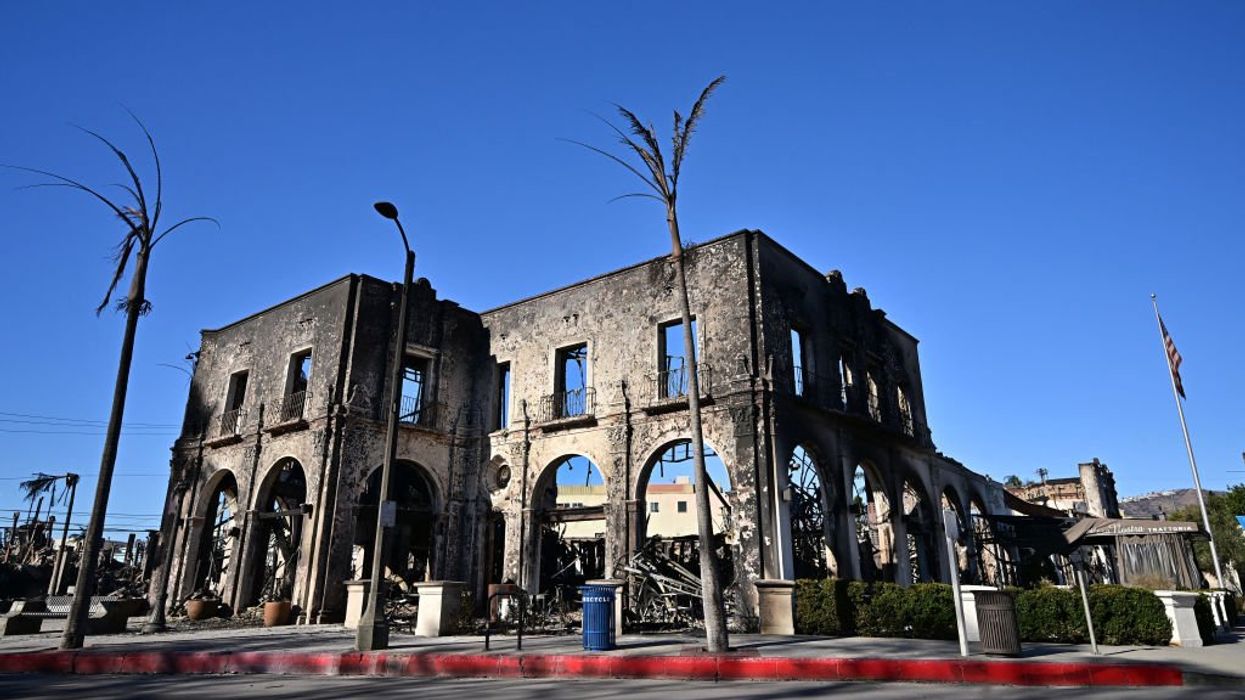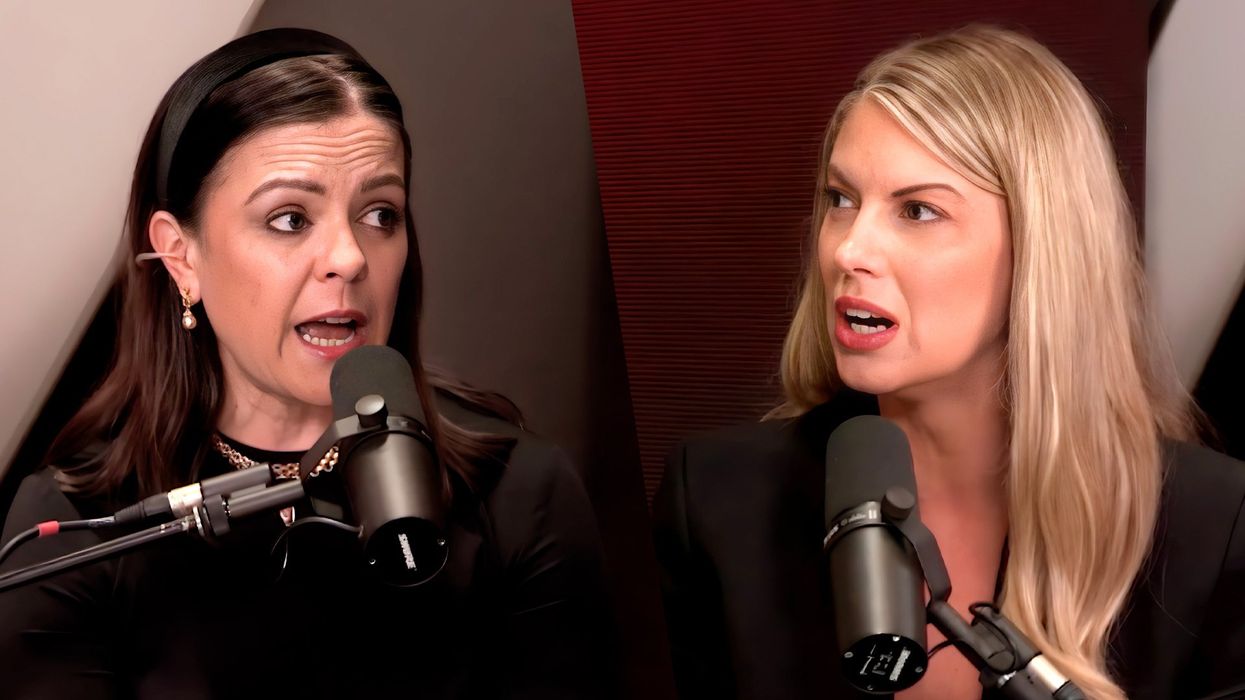
© 2025 Blaze Media LLC. All rights reserved.
It might be a good idea to support the outer of a dictator when it is absolutely certain that the next leader will be more humane. This outcome, though, can rarely be guaranteed.
The following article was mostly taken from a chapter in my recently released book, Uncommon Sense, which offers solutions to modern political conundrums based on ancient Jewish wisdom. The chapter was first written in early 2011 and later updated to reflect the developing events in Egypt.
Dramatic things have happened in Egypt over the last two and a half years. As part of the Arab Spring, in early 2011the people took to the street and deposed long-time dictator (but fiend of America), Hosni Mubarak. Mohmmed Morsi was later declared president after winning an ostensibly fair election, and many in the West were hoping that democracy had finally come to Egypt. Naysayers however pointed out that Morsi’s Muslim Brotherhood was affiliated with Al-Qaeda who orchestrated the 9/11 attacks, and their pessimism was validated when Morsi began changing Egyptian law and turning himself into a modern-day Pharaoh – a supreme dictator for life. Then, just a few weeks ago, the Egyptian Army took control of the country and ousted Morsi.
What, if anything, should the US do as such events are unfolding, both in Egypt and with other dictatorships?
The Ancient Jewish Writings (Talmud Bava Basra 3ª) teach, “People should not tear down a synagogue until another synagogue is built." The text is discussing a community in the process of replacing its old temple with a newer and better one. It is saying that being optimistic and almost certain the new structure will be completed is insufficient. Unforeseen difficulties can arise over the course of almost any project, and the new temple might not be ready when planned; in fact, it might never be completed at all. Accordingly; before dismantling the old temple, the community should first be certain that the replacement is already built and usable.
This common sense advice also speaks to the issue of abetting the removal of dictators. It might be a good idea to support the outer of a dictator when it is absolutely certain that the next leader will be more humane. This outcome, though, can rarely be guaranteed. Dictatorships are typically led by a small coterie of power brokers, and when a position of authority is vacated, a replacement from within that inner circle normally emerges and governs much like the predecessor. It thus makes little sense for another country to help forcibly unseat a dictator without first being assured that there will be a more desirable replacement. “Better the devil you know than the devil you don’t.”
Unfortunately, the wisdom of these ideas is often ignored. Consider the late 1970s protests in Iran against the autocratic government of the Shah. President Jimmy Carter inserted himself into the situation, and in the name of saving Iran from a dictatorship, he began pressuring the Shah to abdicate, all without knowledge of who the next leader would be. Mr. Carter’s “vision” ultimately prevailed, and the mostly secular and pro-US Shah was forced to abdicate. He was replaced by the murderous anti-American Ayatollah Khomeini. The Islamic theocracy he established was infinitely more brutal than the Shah’s government. It quickly solidified power by unleashing a prolonged and vicious wave of extortion, torture, and murder against dissenting Iranians. Furthermore, that same rogue government now likely poses the single greatest threat to world peace.
When the demonstrations in Egypt against Hosni Mubarak began, like President Carter before him, President Obama openly and repeatedly called upon Mr. Mubarak to step down, despite having no knowledge of whom the next ruler would be. In the end, the Obama “vision” prevailed as well, and Mubarak resigned. Mubarak was indeed a brutal dictator who embezzled billions from the Egyptian people. Nevertheless, only a prophet could be certain that Egypt’s next long-term ruler will be in any way preferable.
On 2/11/11 the Israeli newspaper Haaretz printed the following, “Stunned by American pressure on Egyptian President Hosni Mubarak to yield to the calls of demonstrators to leave office, Israeli observers have compared President Barack Obama’s treatment of this key Middle Eastern U.S. ally to the way former President Jimmy Carter forced another old pro-American regional leader, the Shah of Iran, to resign in response to the revolution that had shaken the country since 1979.”
After the fall of Mubarak, rebels in Libya and Syria began fighting to overthrow their dictators, Muammar Quadafi and Bashar al-Assad. Once again, Mr. Obama repeatedly called for their resignations, thereby strengthening the rebels. Clearly these were revolts against two very nasty fellows. But again, why assume that their replacements would not be even worse? To repeat, toppling an existing dictator is only a good idea when a more desirable replacement is assured.
Parenthetically, there are times when a successful transition from dictator to democracy is more likely to occur. One such case is when there is an organized and preplanned uprising in order to realize specific democratic goals. This, roughly, is what occurred when both India and the American Colonies rebelled against British rule. India attained independence through non-violent protests, while America fought the Revolutionary War. Another possibly workable transition is when democratic Country A assumes control of dictatorial Country B and retains power until it is certain that Country B will remain democratic. The USA did this in Germany and Japan after WWII, and it later attempted the same in Iraq.
--
More Contributions From TheBlaze:
Want to leave a tip?
We answer to you. Help keep our content free of advertisers and big tech censorship by leaving a tip today.
Want to join the conversation?
Already a subscriber?
more stories
Sign up for the Blaze newsletter
By signing up, you agree to our Privacy Policy and Terms of Use, and agree to receive content that may sometimes include advertisements. You may opt out at any time.
© 2025 Blaze Media LLC. All rights reserved.
Get the stories that matter most delivered directly to your inbox.
By signing up, you agree to our Privacy Policy and Terms of Use, and agree to receive content that may sometimes include advertisements. You may opt out at any time.


